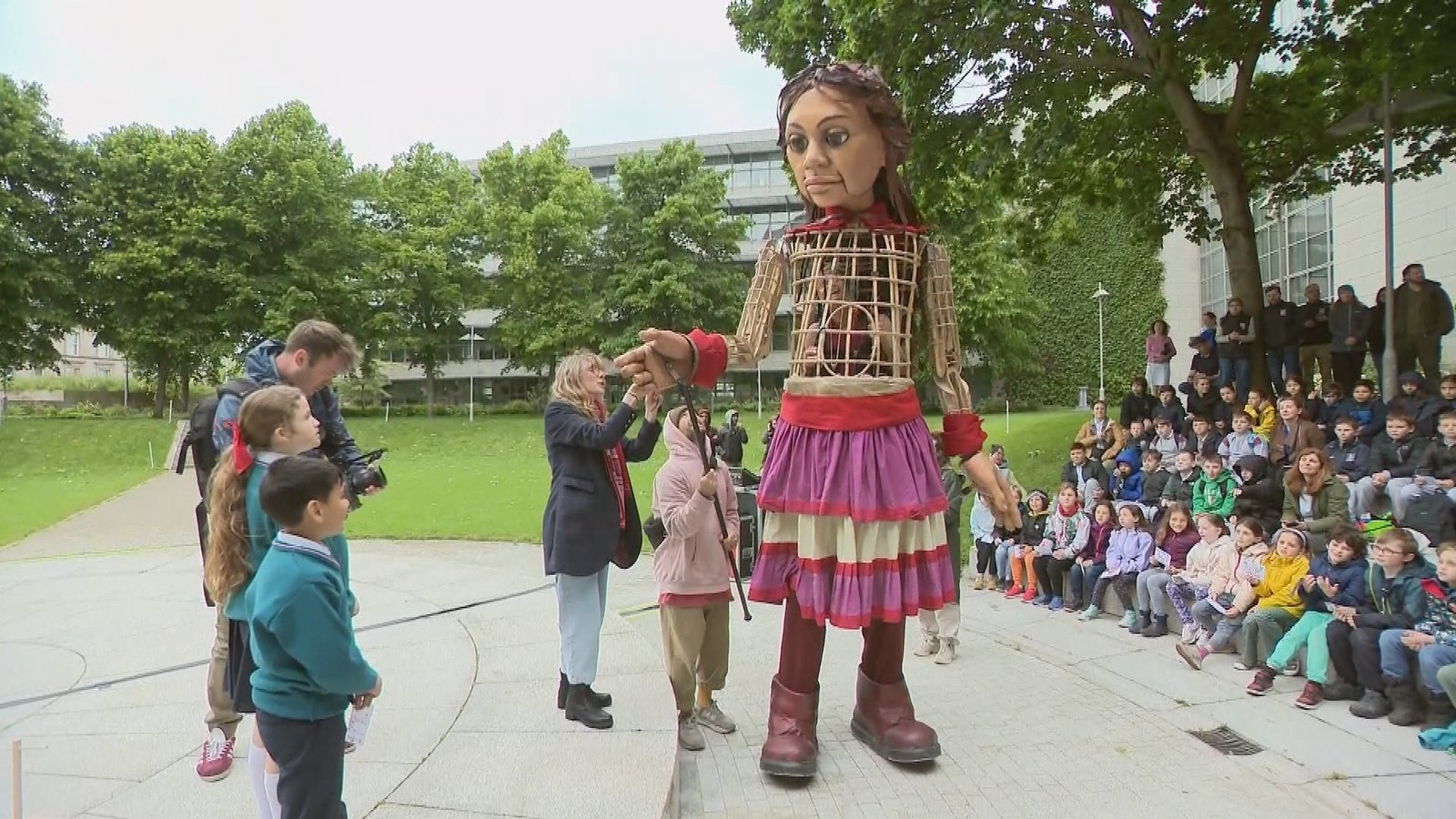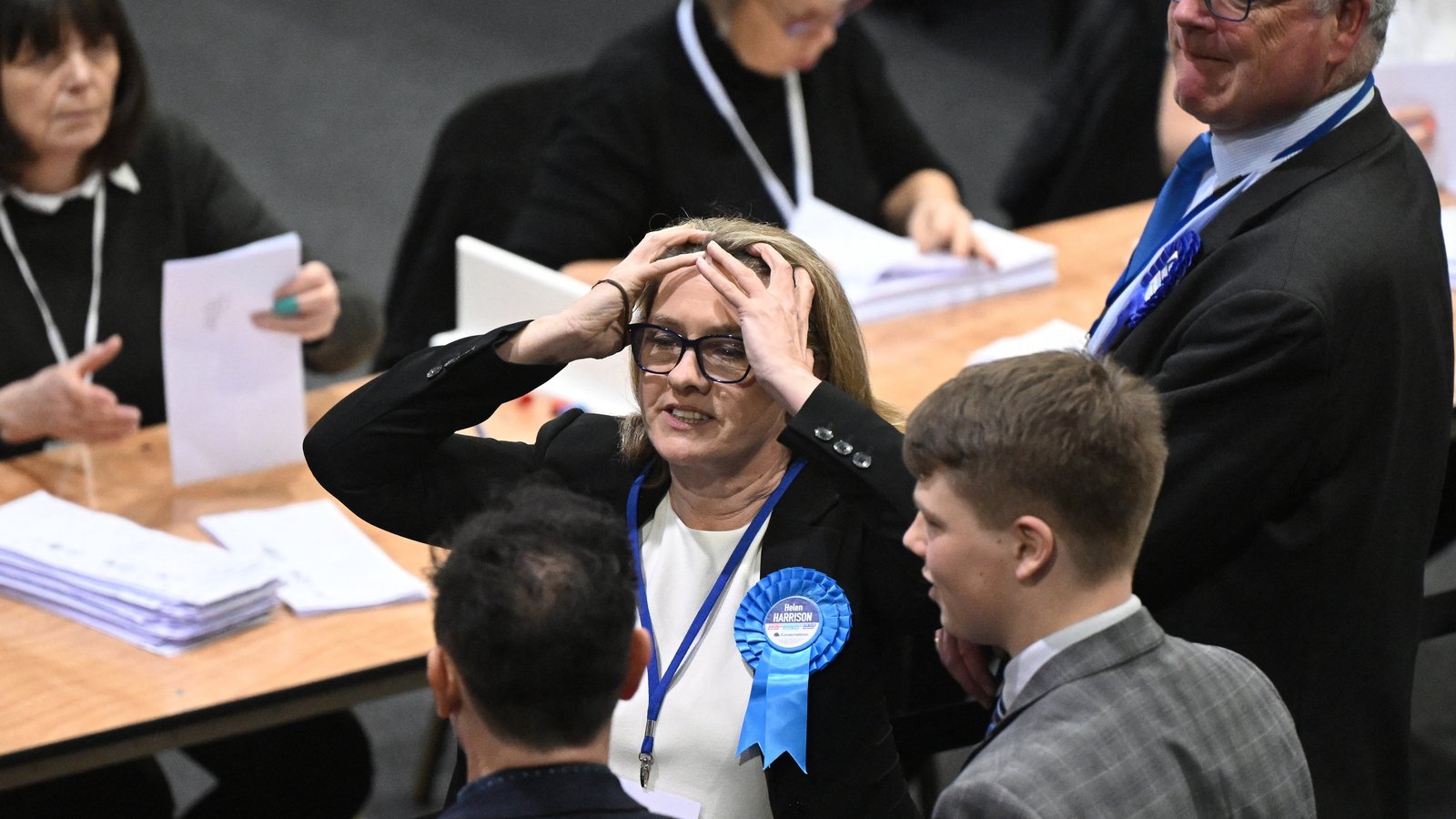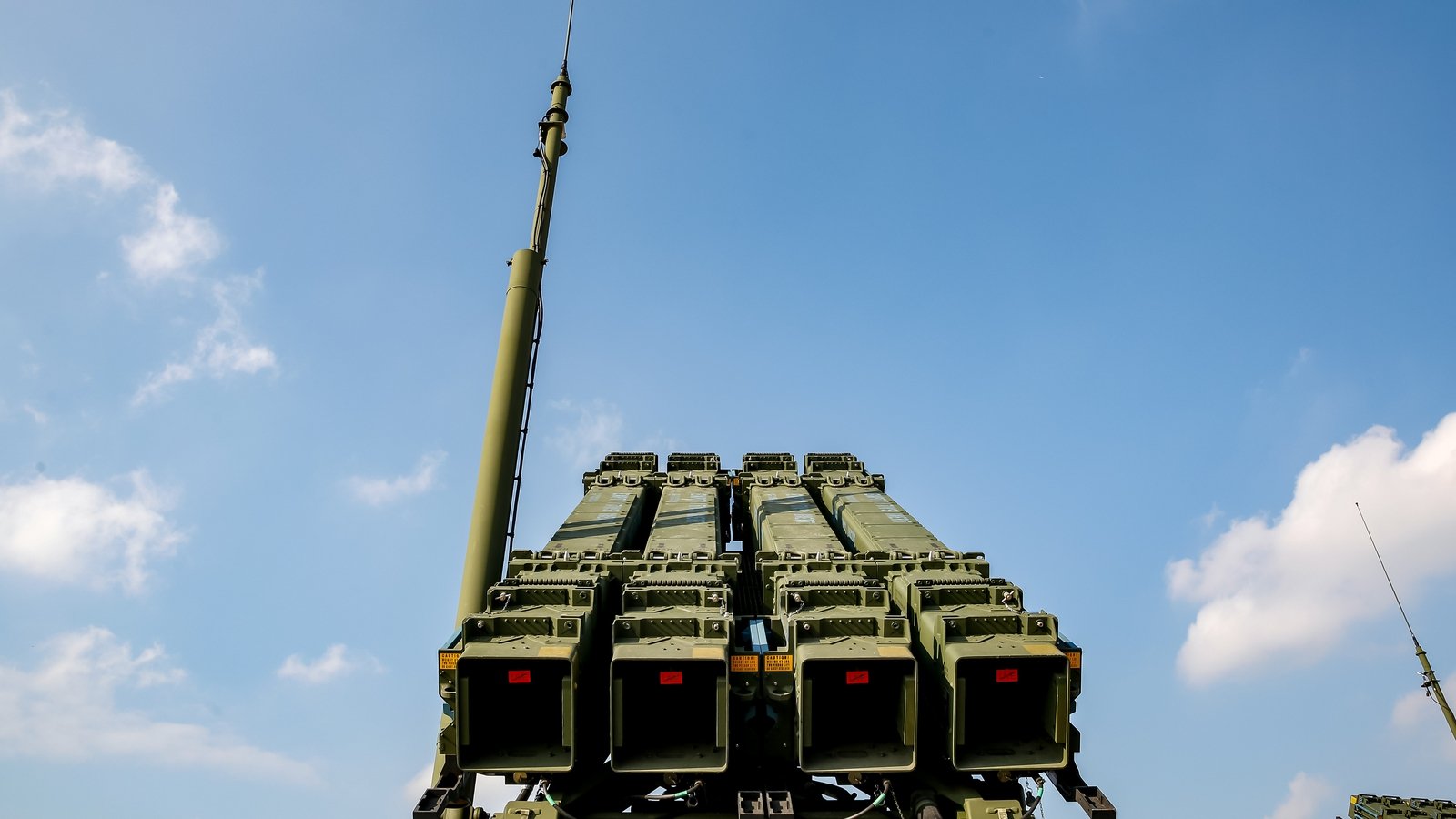Why Varadkar, Sanchez are challenging EU-Israel relations
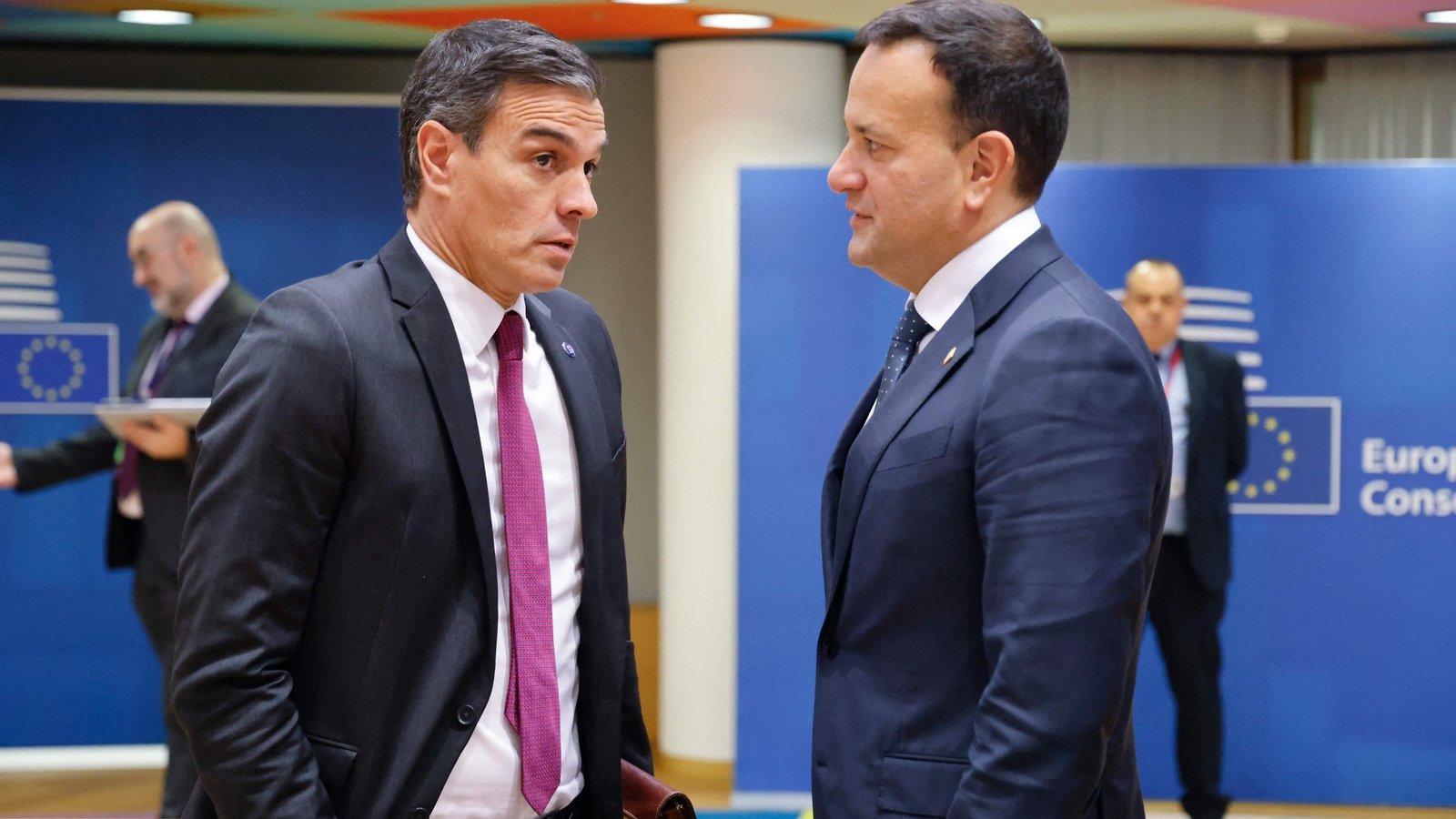
It was during the emergency EU leaders summit in Brussels on 1 February that Taoiseach Leo Varadkar and Spanish Prime Minister Pedro Sanchez spoke in the margins about the EU-Israel Association Agreement.
While the meeting was called to deal with Hungary’s objections to €50 billion in funding for Ukraine, the Middle East made it onto the agenda, although the discussion was short.
Getting agreement on the Gaza war at the level of 27 leaders has been notoriously difficult since the initial response to the Hamas attacks on 7 October.
The divisions between those taking a tougher line on Israel and those emphasising the country’s entitlement to defend itself have been deeply toxic.
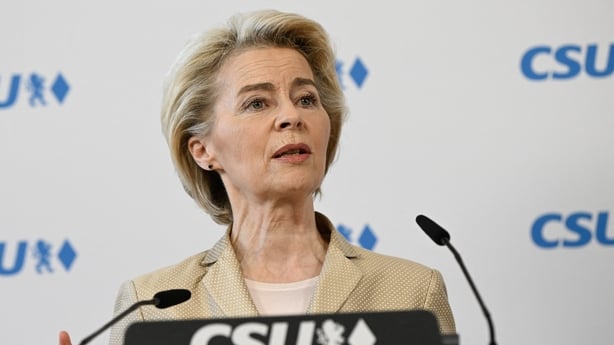
As such, the European Council president Charles Michel decided there should be no formal “conclusions”, or communiqué, meaning a more informal but less guarded discussion.
This was, however, “as serious and as consensual as any discussion about the Middle East in the European Council is likely to be.
Everybody, for example, agreed that the humanitarian crisis in Gaza was of paramount importance,” according to Peter Ludlow of Eurocomment.
There were exchanges too on the question of funding for UNRWA, the UN agency running schools and hospitals in Gaza.
European Commission president Ursula von der Leyen faced questions from some leaders about the Commission’s review of funding for UNRWA following allegations by Israel that 12 employees had taken part in the Hamas attacks of 7 October (there was a view that this was an over hasty move).
Ms von der Leyen told leaders the Commission was trying to establish the facts and was looking at alternative channels of funding, such as the Red Cross and Red Crescent, and that the next EU contribution to UNRWA was not due until the end of February.
Frustrated that more pressure was not being brought to bear on Israel, Mr Varadkar and Mr Sanchez spoke privately about other options.
One was to get a group of member states to jointly recognise the State of Palestine in a postwar scenario, so as to give the Palestinian side stronger moral heft in any negotiations for a future settlement.
Read more: Varadkar and Sanchez ‘deeply concerned’ over situation in Gaza
While the thorny issue of joining the South Africa genocide case at the International Court of Justice (ICJ) came up, a more immediate option presented itself: a review of the EU-Israel Association Agreement, in particular Article 2, which binds both parties to observe human rights and democratic principles.
“EU-Israel relations are founded on an agreement, which has a human rights clause,” Mr Varadkar told reporters afterwards. “A lot of us believe that Israel may be in breach of it.”
The Taoiseach acknowledged that not all leaders at the summit were on board, despite his view that this should be looked at.
“One of the values that the European Union is founded on is human rights, and a country that sees itself as a Western and as a liberal democracy like Israel – we expect them to uphold those standards,” he told reporters.
In contacts between capitals following the summit, there was some support for the idea of a joint letter to Ursula von der Leyen, but there was also caution.
“For various reasons, [some countries] weren’t ready to come aboard at this time,” says one source familiar with discussions.
“Some of them had different constraints. There were a lot of people who were sympathetic to the idea of a letter, but just didn’t really want to send it at the moment.”
However, events elsewhere forced the issue. Israel’s impending assault on Rafah, and the humanitarian catastrophe that most observers believed would ensue, prompted Dublin and Madrid to press ahead with just two signatures.
“With a bit more time, maybe some of the other member states might have joined,” said the source.
“But with the urgency of the situation now there was a view that this is the right time to send the letter.”
The letter, signed by Leo Varadkar and Pedro Sanchez, and addressed to President von der Leyen (and copied to the EU’s foreign policy chief Josep Borrell) landed at 11am Irish time on Wednesday.
It was carefully balanced, acknowledging that Israel had a right to defend itself, condemning the horrors of 7 October, as well as any suggestion that UNRWA staff may have been involved, but emphasising the soaring death and destruction levels in Gaza, the possible breaches of International Humanitarian Law (ie, the rules of war), and human rights law, and the genocide case at the ICJ.
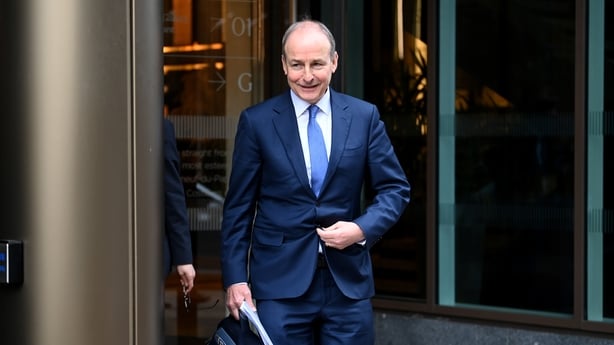
“We recall that the ICJ has ordered Israel to take immediate and effective measures to ensure urgently needed, basic services and humanitarian assistance are provided in Gaza,” Mr Sanchez and Mr Varadkar wrote.
“These orders are binding.”
Taking into account the cascading concerns, the letter asks that “the Commission undertake an urgent review of whether Israel is complying with its obligations, including under the EU-Israel Association Agreement, which makes respect for human rights and democratic principles an essential element of the relationship”.
Will the European Commission president carry out an urgent review?
The Commission acknowledged receipt of the letter at midday on Wednesday, and on Thursday would only say that it was still “assessing” it.
Spokesperson Nabila Massrali said any request to suspend the EU-Israel Association Agreement would be a political decision made by either the European Commission or by Josep Borrell, who represents both the Commission and member states, and then put to national capitals, who would decide by unanimity whether or not the agreement should be suspended.
Ms Massrali came under pressure from reporters to explain what might happen before it got to that point, but she would only say that “there are a lot of things that are stated in the letter” and the Commission would need to assess them before deciding on what procedures to follow.
There is still a degree of mystery about the process; the EU has 41 trade, partnership and association agreements with 72 countries and so far none have been suspended in part or in whole.
The issue has not yet been discussed by EU ambassadors.
The first proper airing of the letter is likely to be the meeting of EU foreign ministers in Brussels on Monday, where Micheál Martin and his Spanish counterpart José Manuel Albares Bueno will be in attendance.
“Measures can include anything from: we’ll turn off this part of the agreement, or we’ll suspend that,” says one source.
“It could ultimately go as far as proposing a suspension of the agreement altogether.”
Full suspension would, according to the Commission, require the unanimous support of 27 foreign ministers.
In such a scenario, it is likely that Germany, Austria, Hungary or Czechia would wield their veto and block it.
A partial suspension, for example, the trade element, could be an option, and this would only require a so-called qualified majority vote (QMV).
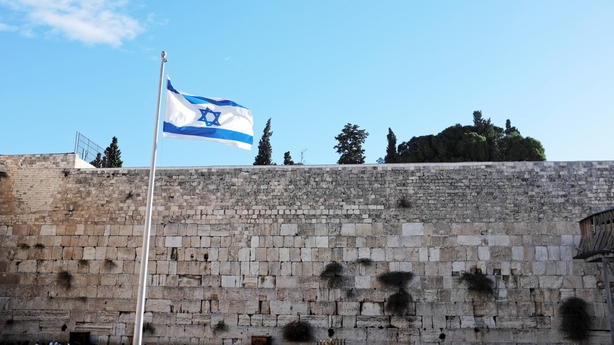
A spokesperson for the EU Trade Commissioner Valdis Dombrovskis told RTE News: “While we do not comment on hypothetical speculation as to what may happen, we note that the suspension of the trade title of the [EU-Israel] Association Agreement is legally possible in theory.”
Yet, there is scepticism that the threat of a full or partial suspension of the agreement will be followed through.
“This is a bit of gesture politics, it won’t happen,” says one former EU diplomat.
“The Commission has the power of initiative and Von der Leyen can either force it through or block it.”
Another EU diplomat said: “You know as well as I do what the positions are on the Middle East, Israel and Gaza at the moment. I would imagine there will be quite a number of member states that are going to quite forcefully push back against this.”
However, Dublin believes the Commission president cannot simply ignore a formal letter by two EU heads of government.
The question is not whether a review is carried out, but how robust the review is and what action might ensue.
The Irish Government believes that Article 2, which states that “relations between the parties, as well as all the provisions of the Agreement itself, shall be based on respect for human rights and democratic principles,” is central to the EU-Israel relationship, and not simply an add-on.
“It’s also a genuine request,” says one Dublin source, “that we reflect on whether [Israel] is adhering to the human rights obligations, and if not, what should be done about it?”.
Raising the issue itself is one way to draw more attention to Israel’s actions and to force actors within the EU and Israel to confront what many see as a genuine charge that human rights violations are happening thick and fast in Gaza.
“This is what the UN agencies want,” says another diplomat.
“They want countries to call it as they see it, so that these issues can then be addressed – otherwise they just slip away quietly.”
Whether Israel will modify its military operation is a moot point.
Israel is the EU’s 25th biggest trade partner. It represents only 0.8% of the EU’s total trade in goods but relies on European producers for 31% of imports and on the EU single market for 25.6% of its exports.
The Association Agreement was signed in 1995 and came into effect in 2000, but annual ministerial meetings soon ran into problems.
In 2013, the then prime minister Benjamin Netanyahu cancelled the annual ministerial meeting after the EU said the trade agreement applied to Israel’s pre-1967 borders, not the occupied territories.
The following year the EU cancelled the meeting after a number of member states complained about the civilian death toll in the 2014 Israel-Gaza war.
There were further disputes over customs revenues which the EU believed properly accrued to the Palestinian Authority but which Israel claimed.
Tensions over the destruction by Israeli security forces of EU-funded schools and infrastructure in the West Bank and Gaza further complicated relations.
Despite that, even if the issues were difficult, contacts were in reasonable shape.
“The relationship was not as toxic as it is now,” says one senior official who was involved in discussions at the time.
“And there was nothing like the split among member states and within the Commission like there is now. Discussions were pretty business-like. The Commission was less ideological.”
In the end, ministerial meetings were suspended for 11 years.
In 2021, however, a new centrist prime minister Yair Lapid, with help from a cross-party resolution in the European Parliament, pushed for a revival of the EU-Israel ministerial meetings, and in July 2022 EU foreign ministers agreed they should be reinstated.
On 6 October that year, meetings finally resumed. Lapid joined by video-link, with Josep Borrell hailing the rapprochement as “sensible” (even if there were clashes over settlement expansion and demolitions in the West Bank).
But there was no doubting the shift in attitude.
The Abraham Accords, which had recently restored diplomatic and trade relations between Israel and the UAE, Bahrain, Morocco and Sudan, had reduced Israel’s historic isolation, and Israel had just discovered large offshore gas deposits.
“Israel is no longer the isolated and boycotted outpost in the Middle East that it was for most of its history,” Israeli analyst Shany Mor wrote of the revival of ministerial contacts in The Jerusalem Post.
“It has peace treaties with six Arab states now, four of which were signed since the last Association Council meeting.
“There are direct flights from Tel Aviv to major cities in the region and a burgeoning trade between Israel and Gulf monarchies, including those without official relations.”
Europe had changed too, he noted.
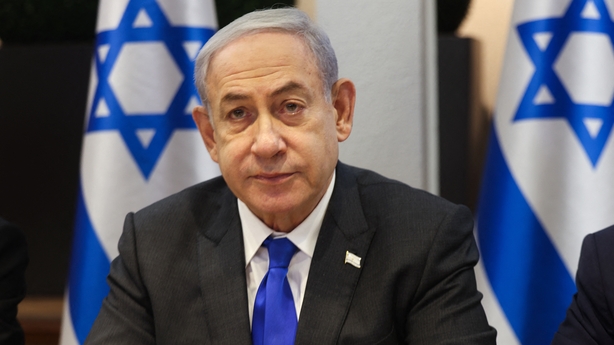
“Israel has cultivated deep ties with a number of new member states in the EU from Central and Eastern Europe, whose presence in Brussels bridges cultural ideological gaps that were once much wider.
“Many of the diplomats from Central Europe in particular share with their Israeli counterparts memories – sometimes selective and self-serving and sometimes entirely justified – of abandonment by hypocritical and pious elites in the West.”
However, Yair Lapid’s remote attendance at the meeting was the high point of a transient thaw.
“It was very short lived,” recalls one diplomat present at the time.
“That government he was a member of lasted a few months and then we went through a whole churn of governments afterwards.”
Out of that churn emerged Benjamin Netanyahu, who became Israeli prime minister for the sixth time in December 2022.
Then, one year almost to the day since the revival of EU-Israel ministerial meetings, Hamas launched its devastating attack on Israeli communities next to Gaza.
EU foreign ministers will discuss the Irish-Spanish initiative on Monday, and while it is unlikely there will be a breakthrough on the initiative, it will place more pressure on Israel.
How much difference that pressure will make is another question.
Attending the Munich Security Conference last night, the Taoiseach doubled down on his view that the European Commission had to take action, saying that he and Pedro Sanchez would “follow up” on the letter.
“I do expect the commission to take it seriously,” he told reporters.
“What we’d like the Commission to do, and would expect them to do, is to now carry out an independent, expert, dispassionate analysis as to whether Israel is in breach of the human rights and democracy clause of that agreement, and then to advise the European Council on what steps should be taken.”
He acknowledged that any action as a result of the review might require the unanimous support of member states.
“We’ve always understood that. But we thought it was important to put a marker that the European Union can no longer treat Israel as though it were a normal, liberal Western democracy.
“It’s not behaving like that anymore, and hasn’t for a long time.”

